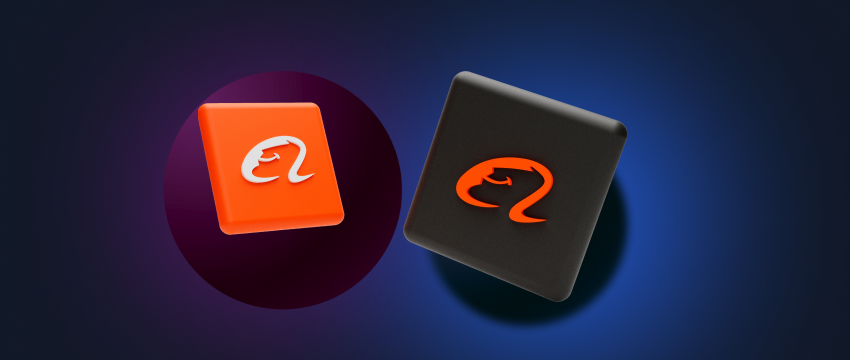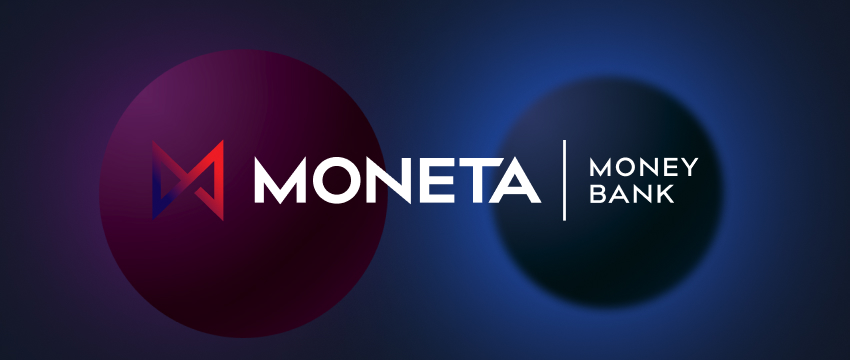Alibaba Group Inc. was founded in 1999 by Jack Ma and a team of 18 people. The company was started in Jack Ma’s apartment in Hangzhou. They launched Alibaba.com, a global wholesale platform.
They also launched a domestic marketplace now called 1688.com.
That same year it raised $5 million from investors. Today, the company offers access to millions of products across 40+ major categories, ranging from consumer electronics to machinery and apparel.
Furthermore, these products attract buyers from over 190 countries and regions. As a result, this generates hundreds of thousands of daily interactions between buyers and suppliers on the platform.

More than two decades of key milestones
In 2000, Alibaba secured $20 million in funding from SoftBank and hosted the West Lake Summit for internet thought leaders. By 2001, Alibaba had established its mission, core values, and surpassed 1 million users on Alibaba.com.
Amid the SARS epidemic in 2003, Alibaba launched Taobao, its online shopping platform, from Jack Ma’s apartment. During this time, the company also completed its first escrow transactions.
In 2004, Alibaba raised a record-breaking $82 million in private equity. Additionally, the company organized its first Netrepreneur Summit, introduced the Aliwangwang messaging tool, and refined its corporate values. By 2010, Alibaba committed 0.3% of its revenue to environmental efforts. Furthermore, the company formed the Alibaba Partnership to uphold its mission and values.
In 2014, Alibaba debuted on the New York Stock Exchange. By 2016, it had become the world’s largest retail commerce company by GMV. As a result, the company surpassed RMB3 trillion in its China retail marketplaces.
Consequently, Alibaba solidified its position as a global leader in e-commerce. In 2019, the company announced an ambitious goal to serve over 1 billion consumers and achieve RMB10 trillion in annual consumption by 2024.
In 2021, Alibaba pledged to achieve carbon neutrality by 2030 and set a target to facilitate 1.5 gigatons of decarbonisation across its ecosystem by 2035.
By 2022, Alibaba’s consumer-facing business in China had reached over 1 billion active annual consumers. In 2024, Alibaba expanded its share buyback program by $25 billion and declared a $4 billion cash dividend, supported by $5 billion in convertible senior notes to enhance shareholder returns.
Stock performance, market capitalisation
Alibaba stock is listed on the New York Stock Exchange under the ticker symbol #BABA. As of 30 October, Alibaba’s previous closing price was $99.83, with the stock opening today slightly lower at $98.21.
Throughout the trading day, it fluctuated within range of $97.58 to $99.80. Over the past 52 weeks, Alibaba’s stock has ranged from a low of $66.07 to a high of $117.82.
The breakdown of shares reveals that 0.01% are held by insiders, while institutions hold 15.33% of the total shares and an identical 15.33% of the float. Additionally, a total of 1,643 institutions currently holds shares. The top five institutional shareholders as of 30 June 2024, are led by Primecap Management Company, holding 21.87 million shares, representing 0.91% of shares, valued at approximately $2.16 billion.
Sanders Capital, LLC follows with 18.4 million shares, equating to 0.77% and valued at $1.81 billion. Dodge & Cox Inc. holds 18.03 million shares, or 0.75%, valued at around $1.78 billion.
FIL LTD owns 13.2 million shares, representing 0.55% and valued at $1.3 billion. Finally, JP Morgan Chase & Company holds 11.61 million shares, making up 0.48% with an approximate value of $1.14 billion.
The company’s market capitalisation stands at $227.46 billion, with a total of 2,278,506, 953 shares outstanding. Alibaba reported an impressive revenue of $950.25 billion, with a net income of $70.16 billion, reflecting its strong earnings capability.

Alibaba to pay $433.5 million to settle shareholder lawsuit over monopoly claims
On 25 October 2024, Reuters reported that Alibaba “agreed to pay $433.5 million to settle a U.S. class-action lawsuit filed by investors alleging monopolistic practices by the e-commerce giant. Alibaba denied wrongdoing, saying it entered the settlement to avoid the cost and disruption of further litigation.
The proposed settlement was filed in federal court in Manhattan and requires the approval of U.S. District Judge George Daniels. The lawsuit, filed in 2020, alleged that Alibaba claimed it did not violate anti-monopoly or unfair competition laws, despite requiring merchants to choose only one distribution platform.
The settlement covers investors in Alibaba’s American depositary shares from Nov. 13, 2019, to Dec. 23, 2020. It resolves claims that these investors suffered losses when the market recognized Alibaba’s misleading statements. As a result, the stock price fell.
Alibaba Group announces June quarter 2024 results
In the quarter ending 30 June 2024, revenue rose 4% year-over-year to RMB243.2 million (US$33.47 million). However, income from operations decreased by 15% to RMB35.989 million (US$4,952 million), largely due to a share-based compensation reversal from the previous year. Adjusted EBITA, a non-GAAP metric, experienced a 1% decline, reaching RMB45.0 million (US$6.2 million).
Net income dropped 27% year-over-year to RMB24.022 million (US$3.3 million), impacted by lower operating income and increased investment impairments.
However, this was partially offset by gains from equity investments. Additionally, non-GAAP net income fell 9% to RMB40.7 million (US$5.6 million) compared to the same quarter in 2023.Diluted earnings per ADS was RMB9.89 (US$1.36), with non-GAAP diluted EPS seeing a 5% decline.
Net cash from operating activities decreased by 26% to RMB33.6 million (US$4.6 million). Free cash flow, another non-GAAP metric, declined sharply by 56% to RMB17.4 million (US$2.4 million). This decline was primarily due to increased investment in Alibaba Cloud infrastructure and strategic reductions in direct sales businesses.

Trade Smarter with T4Trade
T4Trade is a trusted global broker catering to clients worldwide, offering exceptional trading services and resources. Known for its 24/5 multilingual customer support, T4Trade ensures a seamless trading experience with state-of-the-art platforms and flexible trading conditions.
Whether you’re a beginner or an experienced trader, T4Trade is your go-to resource for learning about forex and financial markets. Explore a wealth of educational tools, including expert-crafted videos, podcasts, eBooks, webinars, and on-demand content, all designed to help you trade with confidence.
T4Trade gives you access to a wide range of trading instruments across six asset classes. Enjoy competitive spreads, fast execution speeds, flexible leverage options, and hassle-free deposits and withdrawals. Plus, with multiple account types available, you can choose the one that best fits your trading style and goals.
Start your trading journey with T4Trade and experience the perfect blend of innovation, education, and support.
AVISO LEGAL: A informação disposta não deve ser interpretada como consultoria financeira ou recomendação de investimento, sendo apresentada apenas para fins de comunicação e marketing.




